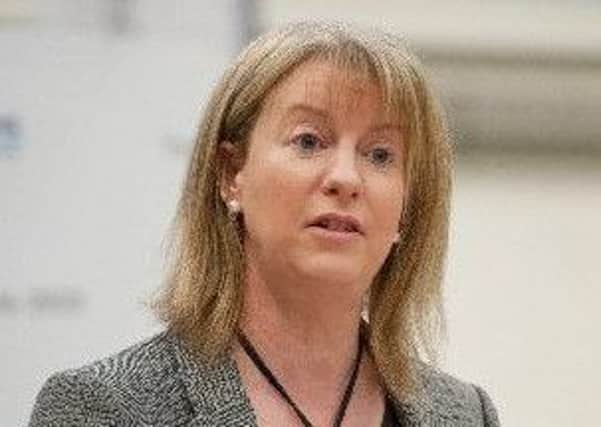Robison faces questions over cleft palate surgery decision


The move, announced last week, came despite a year-long campaign by parents of young people born with cleft lips and palates to save the world-leading unit based at the Capital’s Sick Kids Hospital.
The campaigners said they were devastated by the decision and feared it would mean the loss of the Edinburgh team which they say has a better record of results than the one in Glasgow.
Advertisement
Hide AdAdvertisement
Hide AdThe parents said they felt their voice had not been listened to.
Now Ms Robison is being pressed to explain what will happen to families who are unable to travel to Glasgow, whether the Edinburgh surgeon’s full team will join her in Glasgow, how a review of the new arrangements, promised after 12 months, will be conducted, and whether, if the change is not seen as a success, the two-centre model will be brought back.
She is also being asked what risk assessment was carried out ahead of the centralisation decision, whether centralising the service in Edinburgh was considered and whether she will guarantee the number of clinics in the east will be maintained.
Conservative Lothian MSP Miles Briggs, who argued for the Edinburgh unit to be retained, has written to Ms Robison with the questions on behalf of concerned parents and campaigners.
Advertisement
Hide AdAdvertisement
Hide AdHe said: “Since the Health Secretary’s deeply disappointing announcement to centralise cleft lip and palate surgery, I have been contacted by a significant number of parents and clinicians who have a wide range of concerns about the plan to close Edinburgh’s world-class unit.
“I will continue to press the Scottish Government to ensure we do not see the loss of a centre of excellence.
“And I am very clear that if the transition period is deemed not to be a success, the Scottish Government should accept this and reinstate the current two site model.”
More than 100 babies are born in Scotland each year with a facial cleft, which occurs when parts of the face do not fuse together during pregnancy.
Advertisement
Hide AdAdvertisement
Hide AdThe government has said the single-site at Glasgow’s Queen Elizabeth University Hospital will mean a “safe and sustainable service” for cleft patients across Scotland.
The merger is due to start early in the new year, leading to a single surgical team within six months.